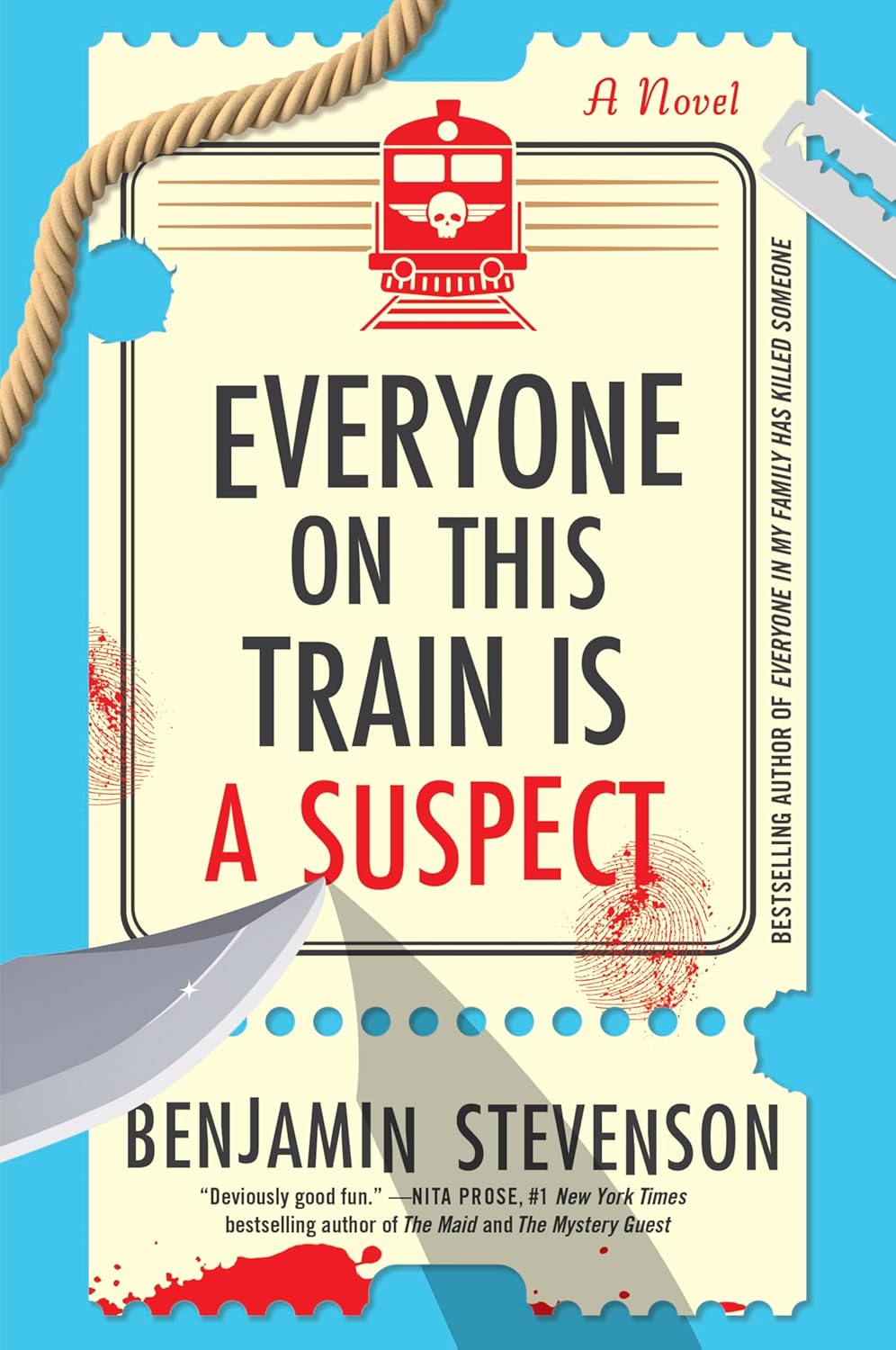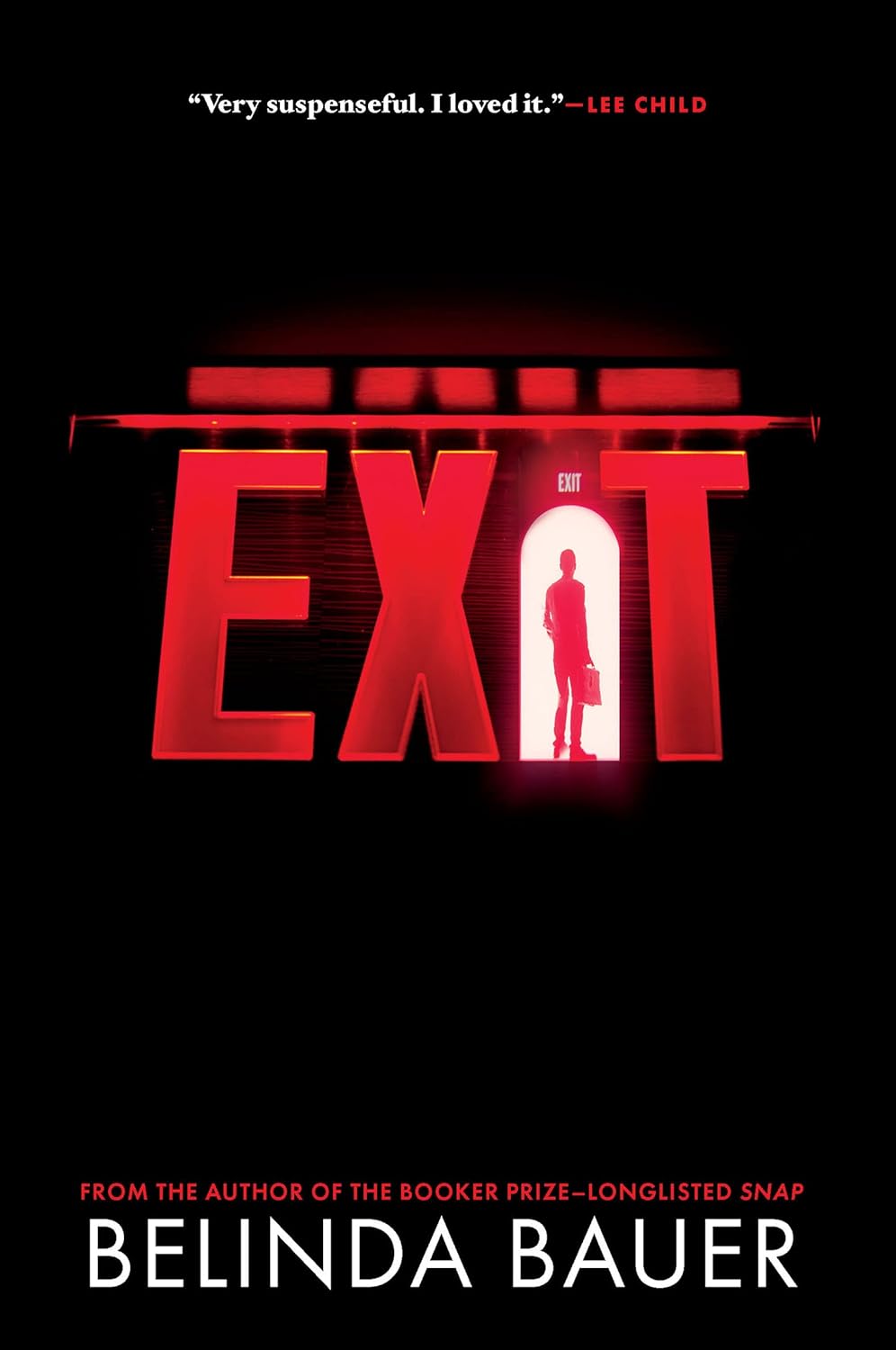First: the humour. You'll remember it from the first book in the series. The main character Ernest (Ernie) Cunningham’s voice is wry, self-aware, and always nudging the reader. He often addresses you, lets you in on the tropes, even warns you when he’s doing something “murder-mystery-ish.” That meta quality is a delight. It doesn’t feel showy; it feels playful and smart.
The setup is a closed-circle: you’re on a train with a bunch of writers, and when a murder happens, the killer has to be one of those on board. The tension of knowing the murderer is “in the room” (or the carriage) is classic, and Stevenson leans into it well. You want to turn the pages, check every motive, and second-guess every conversation.
One of my favourite scenes takes place in Coober Pedy. If you haven’t heard of it, it’s a fascinating town in South Australia where, because of the brutal heat, many people live underground in “dugouts.” The novel leans into that strangeness, but I had to do some outside research to discover the true weirdness of place. There’s something thrilling about being in a spot where the landscape itself feels uncanny—hot, exposed, subterranean, hidden.
The train itself is a real one: The Ghan, a luxury line running north to south across Australia (Darwin to Adelaide). The slow stretches of outback, the stops in remote places, the shifts between isolation and motion — they all contribute to the atmosphere. You feel both confined and unsettled.
The characters are strong. Ernest is not perfect, and that’s good. He doubts himself. He’s funny and vulnerable. The other writers, the festival guests, the staff — each has quirks, secrets, ambitions. Nobody is wasted. Even small roles feel alive.
If you like ultra-dark mysteries, this isn’t that. The tone often leans lighter, more witty than grim. Also, the puzzle is tricky. Stevenson plays fair, giving clues, nods, and hints. But I don’t think I solved it before the reveal; there were surprises. The meta asides help you notice things you’d otherwise miss.
All told: Everyone on This Train Is a Suspect is one of those rare mystery books that’s both clever and fun. You get suspense and wit. You get place, and characters, and a puzzle you can chew on.
I highly recommend this one — especially if you like mysteries that wink at the genre. Hop on board early in this series and you’ll be waiting for the next Ernest Cunningham train.





